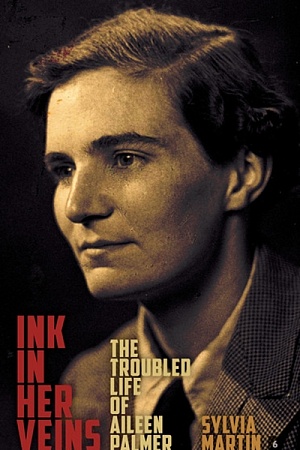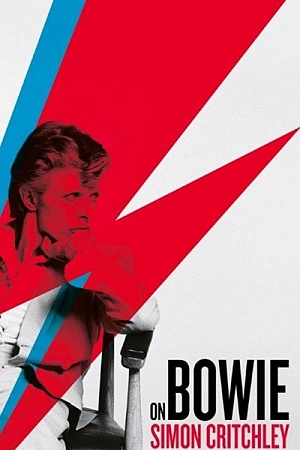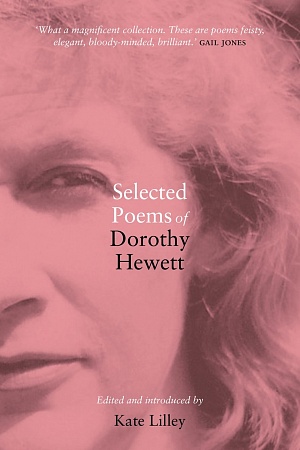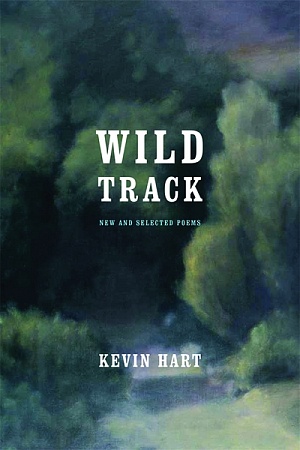Bruce Dawe: Life cycle
Ginninderra Pressm, $30 pb, 367 pp
A fortunate life
The flyer for the Brisbane launch of this new biography of Australia’s most popular living poet described Stephany Evans Steggall and Bruce Dawe as ‘joint authors’, and while the title page lists Evans Steggall alone as its author, there is a sense in which the poet is indeed co-author of this collaborative account of his life. The title comes from one of his best-known poems, and the chapters take their titles from the poems with which they begin. Evans Steggall has also reordered poems written over many decades into a chronological sequence that enables the poet himself to tell much of his life story. She has added to this her own complementary account of that life, in which she has been assisted by the poet who, instead of writing his autobiography, has chosen to collaborate with his biographer. Such a venture has its constraints, which are increased when the subject is involved in the writing, but it also offers opportunities that the objectifying passage of time removes. In this case, the collaboration has produced an intimately personal account of a notable life viewed sympathetically and through the poet’s own eyes.
The beginning was not auspicious. Mary Ann Dawe was fifty-four when Bruce was born in 1930, twenty-two years after his nearest sibling, George. Work was scarce in the Depression and Bruce’s father was often absent, leaving George to act as a surrogate father. For her account of these difficult early years, Evans Steggall draws on the poet’s sometimes sketchy memories, school records and ‘Beggar’s Velvet’, a memoir George wrote many years later and which Bruce transcribed and edited. These tell of family hardship and frequent changes of lodgings, including some ‘moonlight flits’, during the ‘cramped and drab penurious years’ revisited by Dawe in the poem ‘Drifters’.
Continue reading for only $10 per month. Subscribe and gain full access to Australian Book Review. Already a subscriber? Sign in. If you need assistance, feel free to contact us.














Leave a comment
If you are an ABR subscriber, you will need to sign in to post a comment.
If you have forgotten your sign in details, or if you receive an error message when trying to submit your comment, please email your comment (and the name of the article to which it relates) to ABR Comments. We will review your comment and, subject to approval, we will post it under your name.
Please note that all comments must be approved by ABR and comply with our Terms & Conditions.